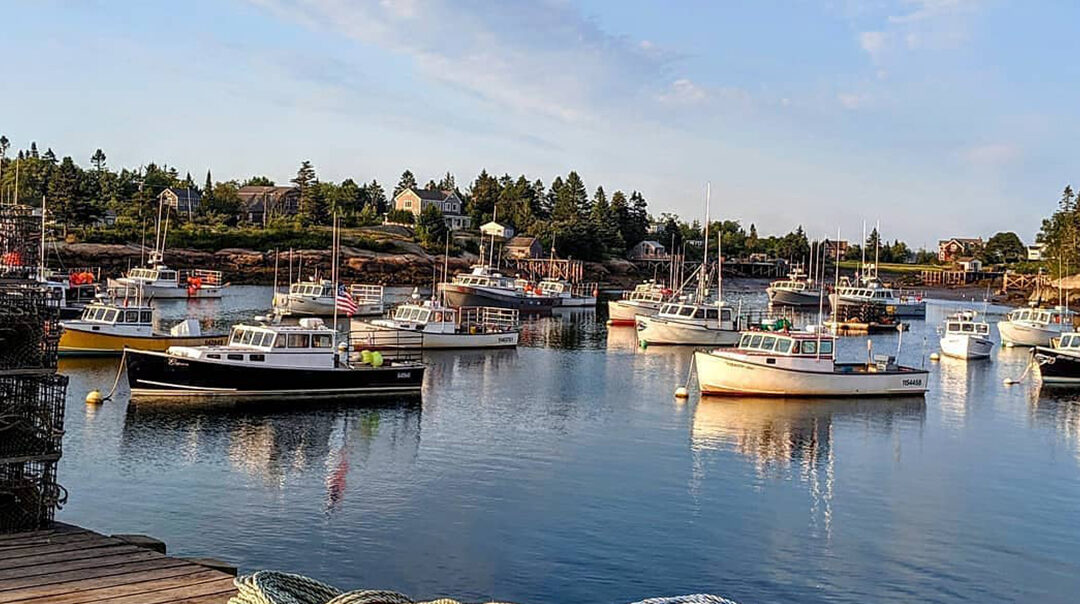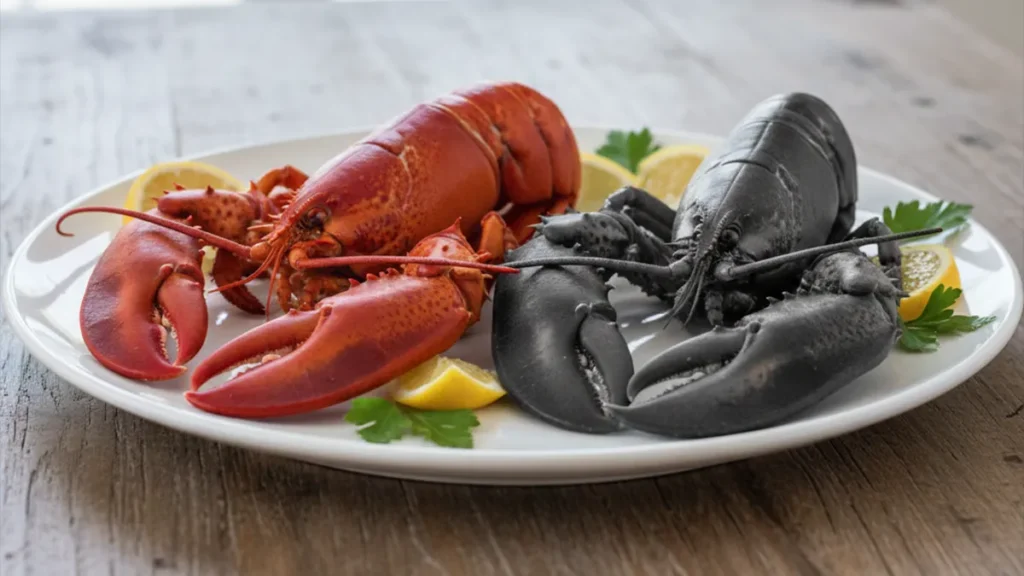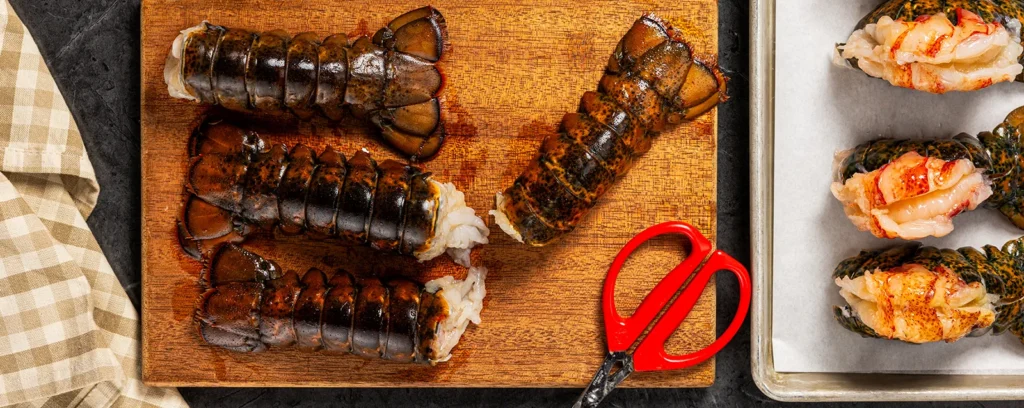
Why Is Maine Best Known For Its Lobster?
If you’ve ordered lobster recently or had lobster shipped live to your home, chances are it probably came from Maine. Maine lobsters constitute the vast majority of lobsters served in restaurants around the country. With arguably the sweetest meat and best fishing conditions in the industry, it only makes sense that Maine has become the go-to source for the best lobsters on the market. Still, with lobsters in abundance in the waters all over the country, what makes Maine the lobster destination? At ShopLobster, we’re passionate about providing the best and freshest lobsters shipped live straight to your kitchen.
Below, explore why Maine:
Produces the best-tasting lobster meat Has the most nutritious lobsters Makes it easy to fish for lobsters sustainably To learn more about all of the amazing benefits of lobsters from Maine, explore our extensive informational resources here!
The History of Maine Lobster
While lobster may be viewed as a decadent delicacy today. This has not always been the case. While high demand has driven up the cost of lobster in recent decades. Lobsters were once so plentiful that they washed up on beaches and were considered a nuisance. Hardly a delicacy, they were referred to as “poor man’s chicken,” suitable only as a source of nutrition for the lower classes in coastal Maine towns. Little did our ancestors know that Maine lobster would skyrocket in popularity as a luxury entree featured in the world’s finest restaurants. The popularity of lobsters has also contributed to making Maine a famous tourist destination where people from around the world travel to experience the freshest Maine lobster available, still found in abundance in Maine’s waters.
A Sustainable Harvest
Maine lobsters continue to thrive in large measure because of the perfect conditions for them to spawn and mature. Maine’s waters are in the ideal range for lobsters, between 54°F and 64°F for most of the year. This is important because lobsters tend to avoid water that reaches 69°F and higher, which can also result in an inferior product for the consumer. Since lobsters are abundant in Maine, though not at the levels available in the 1800s.It is relatively easy for independent fishermen, such as those that provide for ShopLobster, to catch a large number of lobsters. It’s also important to know that Maine fisheries have established protective measures to ensure the industry can continue to work in harmony with the natural environment and protect this valuable resource for generations to come. Maine has some of the strictest lobster cultivation regulations in the industry. From lobsters that are too big to lobsters that have not reached maturity or those that are carrying eggs (which are forever protected once they’re identified). Finding a lobster in the sweet spot of eligibility can be tricky. However, this also provides for the continued success of lobstering in Maine. By allowing populations to mature, and protecting breeding females, Maine lobsters will continue to thrive for the foreseeable future. These strict catching regulations also serve as quality assurance guidelines. It ensures that if a Maine lobster ends up on a customer’s plate, it has passed a rigorous inspection that delivers consistency and the utmost quality.
What Makes Maine Lobster So Delicious?
While taste is largely subjective, the factors that contribute to making Maine lobsters a delicacy are not. It has long been established that colder waters and smaller lobsters result in sweeter meat. Whether tail or claw meat is preferred, ensuring a small lobster that matured in cold waters is served is essential in maximizing flavor. While smaller lobsters may be sweeter, some will argue that larger lobsters are better due to their higher yield of meat. Both are equally delicious, as long as they’re cooked correctly. Cold water has been shown to assist in preventing lobsters from absorbing some of the salt content in the water, which is rumored to taint the flavor. Maine seawater remains a relatively consistent temperature year-round, our lobsters have consistent conditions in which to thrive. While there are several varieties of lobster found throughout the country and the world, none stack up to the Maine lobster. These Homarus Americanus differentiate themselves from other species of lobster in several ways. The other variety of lobsters most folks are most likely acquainted with is rock or spiny lobsters. These lobsters are significantly smaller and are often not even thought of as lobsters. Rock lobsters are often confused with crayfish, but do not even belong to the same family; not to mention crayfish are found in freshwater. The most significant difference between a rock lobster and a Maine lobster is the characteristic of claws. Maine lobsters have two large front claws, while rock lobsters have none. These have an inferior taste and are typically prepared differently for consumption to mitigate their fishy and salty flavor. Other kinds of lobster that are remarkably similar, like those found in coastal regions in places such as Florida, Hawaii, and Canada, have inferior taste due to different environmental factors like inconsistent water temperatures and salt concentrations.
The Bottom Line
At ShopLobster, we strive to ensure that every lobster that hits one of our customer’s tables is the absolute best it can be. This is why we offer lobsters exclusively from what many call the “Lobster Capital of the World.” Maine lobster is superior in flavor, nutrition, and sustainability, with a history of proven quality over generations of harvesting. With expert shipping processes and a commitment to preserving the quality of fresh Maine lobster, you can expect to enjoy the same sweet flavor and perfect size that you’d get from that dining in-state experience. By working with independent lobster fishermen with a commitment to sustainable fishing practices unique to Maine, you can feel good about sampling one of the world’s finest dining delicacies. Explore our Shop and dive into seafood and fresh Maine lobsters delivered directly to you.



